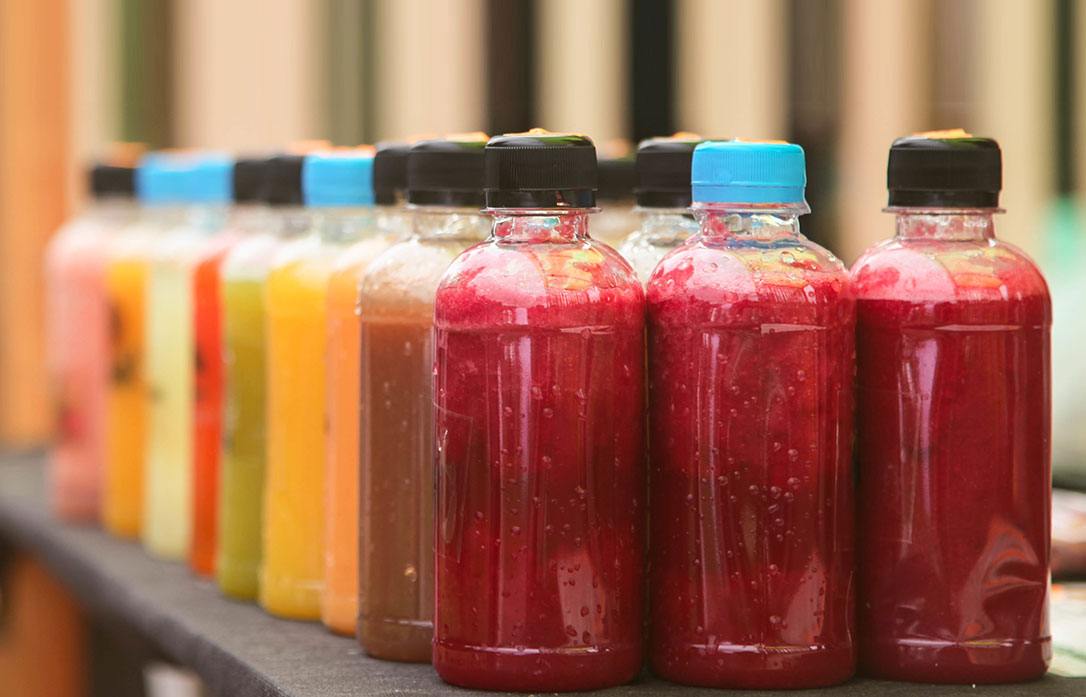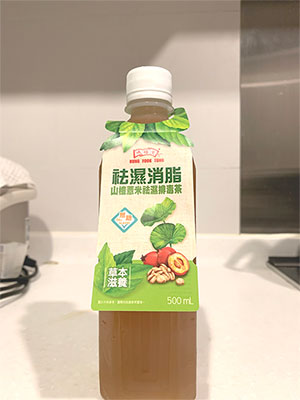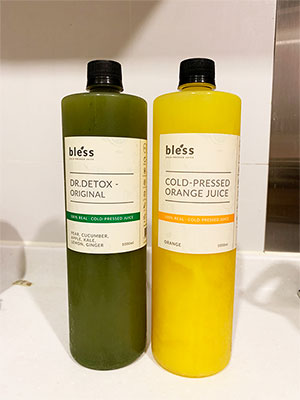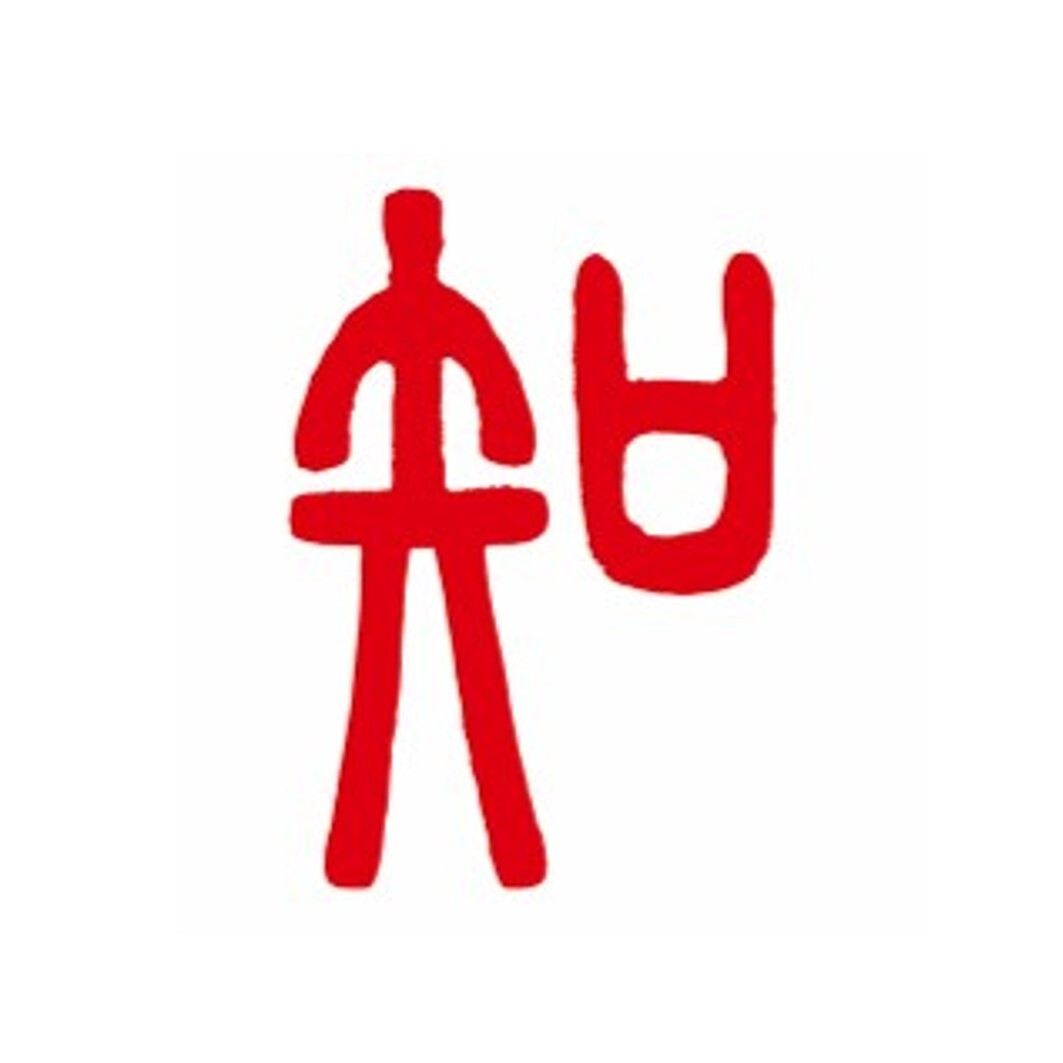<Report from overseas office> [Hong Kong] The secret to longevity! Health drinks in Hong Kong
- Release date: Aug 20, 2019
- 8436 Views

Hong Kong: The World’s Longest-Lived Region
Did you know that Hong Kong is the world’s longest-living region?
According to 2017 data from Japan’s Ministry of Health, Labour and Welfare, average life expectancy for men in Hong Kong is 81.70 years, compared with 81.09 years in Japan. For women, it is 87.66 years in Hong Kong versus 87.26 years in Japan. In other words, Hong Kong surpasses Japan, which is often cited as the world’s longest-living country.
Note: Hong Kong is not included in country-based rankings because it is a Special Administrative Region of China.
In recent years, Hong Kong’s life expectancy has remained among the highest in the world. One explanation often cited by Hong Kong residents is that the city has a well-developed healthcare system, and because the population is dense and transportation infrastructure is well established, emergency response times are short, saving many lives.
From a foreigner’s perspective, however, beyond excellent urban infrastructure, it also seems that Hong Kong people’s strong commitment to health in their daily lives may be a key factor contributing to longevity.
This can be seen in traditional images of elderly people practicing qigong early in the morning, but in recent years there has also been a noticeable increase in gym attendance. In areas such as Kwun Tong, where redevelopment is progressing, former logistics warehouses have been converted into commercial facilities, many of which now house fitness clubs. Recently, aggressive sales tactics targeting young gym-goers have even been reported in the media.
Hong Kong people are also particularly conscious about health-promoting foods. Walking around the city, one frequently sees Chinese herbal medicine shops, and in Chinese restaurants it is common to see diners consuming soups made with medicinal herbs. Snake soup, for example, is well known and may be familiar to those who have visited Hong Kong. Turtle jelly is another traditional health food believed to offer health benefits. These foods are especially popular among middle-aged and older consumers who are more concerned about their health.
On the other hand, health drinks, which offer a convenient way to maintain a health-conscious diet, appear to be widely embraced by younger generations as well. This article focuses on such health drinks.
Health Drinks Made from Traditional Chinese Medicinal Ingredients
Here are two particularly major health drink brands in Hong Kong.
Hung Fook Tang is a well-established company that has been in business since 1986 and is listed on the Hong Kong Stock Exchange. It is the company with the highest sales value and volume in Hong Kong in the health drink category (according to Nielsen). It has more than 100 directly operated stores in Hong Kong, and the stores are mainly located in busy subway lines. It is also sold in convenience stores.
The exterior of the PET bottles sold at directly-operated stores is very simple, with just a label over the top.
The bottles are 500 ml and range in price from HK$22 to HK$26. In Japanese yen, it is approximately 308 to 364 yen (converted at 14 yen to 1 Hong Kong dollar).
Kenko Kobo was established in 1989. There are more than a dozen directly managed stores in Hong Kong.
Like Hung Fook Tang, the exterior of the PET bottles sold at Health Studio's directly operated stores is very simple. The price range is from HK$26 to HK$32, or about ¥364 to ¥448 in Japanese yen.
There is no particular difference between these two brands in the efficacy and flavors of the health drinks they sell.
The efficacy lineup includes about 10 different types, such as detoxification, liver function enhancement, lung cleansing, skin beautifying, and anti-hyperlipidemia. The “lung cleansing” is to cleanse the lungs. This is a good thing in a city that has environmental problems such as air pollution.
There is no particular difference in the clientele, with a wide range of customers, mainly women, from their teens to their 60s. When we observed several stores in subway stations and office districts, we noticed a wide range of customers in their teens to thirties, who are working or going to school.
The fact that no sugar is used and no coloring is added is also common. As a result, the drink tastes almost like the ingredients themselves. In addition, the appearance is murky, and as mentioned above, the exterior is simple and unfashionable, giving the impression of murky water in a plastic bottle.
In the CSG Hong Kong office where I work, I see staff members who buy these health drinks and bring them to the office when they go to work. They drink them at their work desks or while eating lunch. This accumulation of prioritizing healthy over fashionable and consuming them on a daily basis certainly seems to lead to good health.

Cold-pressed juice sold at high prices
New drinks are being introduced to the fruit-based drinks we drink on a regular basis. Cold-pressed juices, in particular, are surprising in their high prices.
A 1000 ml bottle of orange juice costs 52 HKD (about 728 yen), while a drink designed to detoxify the body costs 98 HKD (about 1,372 yen). You can understand the high price of orange juice concentrate, which you can find next to it in the supermarket, at HK$19 (about 266 yen) for 1,000 ml.
According to the vendor, it takes more than 10 oranges to make 1000ml of orange juice, which is cheaper than squeezing oranges to make juice by yourself. He also said that the key to purchasing the product is that it contains no additives. In Hong Kong, most of the vegetables and meat sold are imported from China, and because of this environment, pesticides and chemicals that keep vegetables fresh are often used, many people value avoiding food risks by adopting natural products as much as possible.
Nevertheless, cold-pressed juices are expensive. Sales channels are expanding from high-end supermarkets to regular supermarkets, but the customer base seems to be limited to high-income families with children who want "something tasty and healthy for the family, even if it is expensive.
Finally, when we asked our Hong Kong friends what they think of as a healthy drink, they replied, "Yakult. One of them said, "Yakult! One said, "Yakult! Yakult entered the Hong Kong market in 1969 and has been sold for half a century. They said it was because their parents had been drinking it since they were children and they themselves had been drinking it since childhood. So it has been familiar to me since childhood and has taken root in my life just like Chinese medicine.

Translated by DeepL, AI Translator
-

Author profile
Hideo Mukai
He is an accountant living in Hong Kong. She has lived in Beijing, Shanghai, Shenzhen and Hong Kong for a total of 10 years. She has been living in Beijing, Shanghai, Shenzhen, and Hong Kong for the past 10 years and has been following the rapid changes in Hong Kong's cosmopolitan society.
-

Editor profile
Intege.inc
***
 Global Market Surfer
Global Market Surfer CLP
CLP